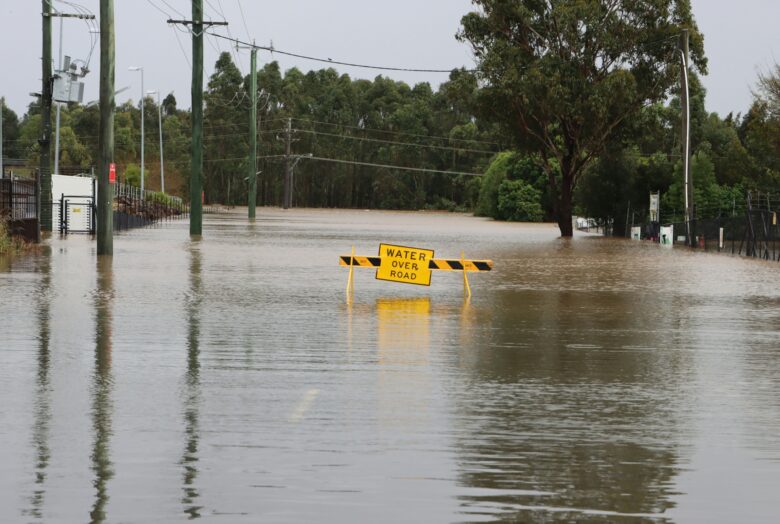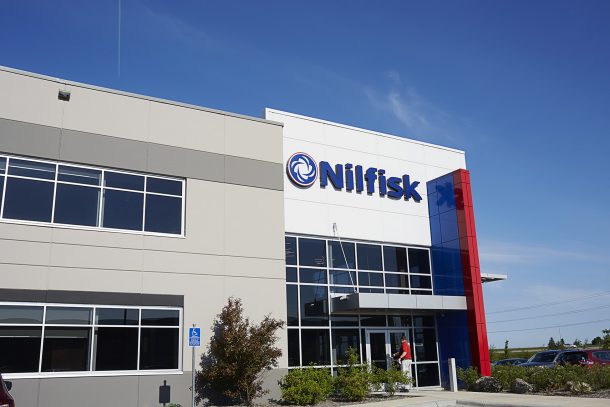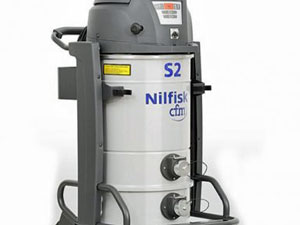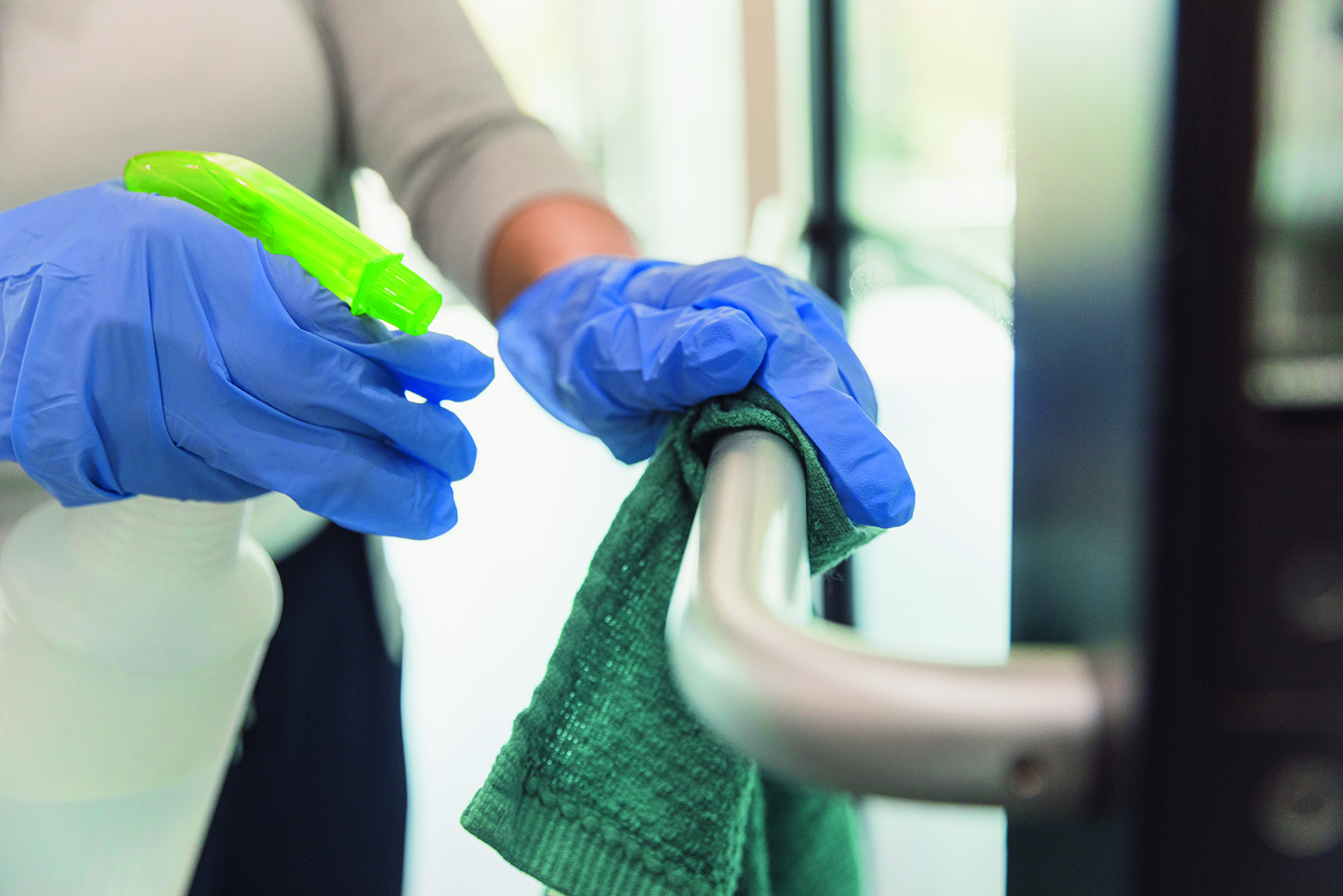
When disaster strikes, regardless of its form, those in need require immediate assistance. The challenge is that they may need to figure out who to contact, and so they put their well-being in the hands of their insurance company, usually starting with the agent who sold them their policy.
For commercial properties, there is no doubt more of a plan in place compared to a homeowner. Still, regardless of whether you are targeting commercial entities or homeowners for water damage jobs, the marketing strategies are typically similar. You need to brand your company, be available and easy to find, and do exactly what you say you will do—respond quickly and help those in need.
Demand for water damage restoration work ebbs and flows (pun intended), depending on the season, the weather, and chance. No one plans for a broken pipe and spewing water, but it happens, and the opportunity for you shows up without notice.
While there are many ways to market your restoration company, this article focuses on five strategies that are not only easy to implement but also have a significant impact on your success.
1. BUILD A SOLID ONLINE PRESENCE
In today’s digital world, having a strong online presence is essential for any business, including disaster restoration contractors. Establishing a well-designed website that outlines services, showcases your valuable testimonials, and provides helpful resources can significantly boost credibility.
When a customer visits your site, they want to do business with you. Your messaging should focus on what you can do for them, detailing when and how you will care for everything they need. A website serves as a 24/7 marketing and informational resource tool, providing potential clients with essential details about your expertise.
However, effective outreach goes beyond your website. Leveraging social media platforms can help contractors connect with clients, share information, and provide updates during times of disaster. Platforms like Facebook, Instagram, and LinkedIn are excellent for engaging with potential clients, answering questions, and positioning your business as a knowledgeable and trustworthy resource.
Pick one or two social media channels to focus on. Diluting your efforts by trying them all won’t get you far unless you have the time and resources to do it, such as with a marketing team.
2. UTILISE CONTENT MARKETING AND SEO
Content marketing combined with search engine optimisation (SEO) is a powerful strategy to reach those in need. When a disaster happens, and your potential client hits their favourite search engine and types in their location and what they need, your site’s content marketing and SEO value will determine if they find you.
By creating and distributing valuable, relevant, and consistent content, you ensure your online presence is visible to those searching for help.
Posting content about topics in article format is an excellent marketing strategy. Think of what those searching for you may use for keywords. If you have an article that’s titled “Steps to Take Immediately After a Flood” or “How to Prevent Mould After Water Damage,” then the odds are you will get your share of the search results. Such content also positions your business as an authority in the eyes of search engines.
3. NETWORK WITH INSURANCE COMPANIES
Collaborating with insurance companies can be an effective way to get work following floods or other water damage incidents. Since insurance companies often recommend or contract restoration services for their clients, being on their preferred vendor list can lead to steady referrals. Getting on that list may be challenging, but the more you network, the more they know about your services, especially how you will care for the insured the best way you can, which will get you results. Be patient; this may take some time, but a steady networking plan is essential.
To foster these relationships, ensure your services comply with the insurance companies’ standards. You can also attend industry events, join professional associations, and regularly communicate with local insurance agents to strengthen these partnerships.
4. ENGAGE WITH THE COMMUNITY AND BUILD PARTNERSHIPS
Being actively involved in the community can significantly enhance a contractor’s reputation and visibility. By participating in local events, sponsoring community activities, or volunteering for disaster relief efforts, contractors can demonstrate their dedication and concern for the local community. Doing so not only boosts brand recognition but also cultivates a positive business image of the business.
Forging partnerships with local businesses, such as plumbers or real estate agencies, can be beneficial. These businesses can become a source of referrals, knowing that their customers will receive professional and reliable service. Consider all the types of businesses that cater to your ideal clients—these could be potential collaborators, expanding your network and opportunities.
5. IMPLEMENT DIRECT RESPONSE MARKETING
Direct response marketing, such as email campaigns or direct mail, can be highly effective, especially when targeting regions recently affected by water-related disasters. Tailoring messages to address the immediate needs of these communities and providing clear, actionable advice can prompt potential clients to choose your services.
Additionally, a robust follow-up strategy is vital. Follow up with clients after providing services to ensure they are satisfied. This can lead to positive reviews, referrals, and repeat business. Encouraging satisfied clients to leave reviews on Google or social media platforms can further enhance your reputation and visibility.
Remember, trust, reliability, and expertise are crucial to the success of restoration companies. By highlighting these qualities through your marketing efforts, you can build a solid client base and become a go-to contractor in times of need.
Words by Jeff Cross. Jeff is the media director for ISSA, which has flagship brands that include ISSA Today, Cleaning & Maintenance Management, and Cleanfax. He is also the host of several video/broadcast programs, including Straight Talk!
Photo by Wes Warren on Unsplash.



